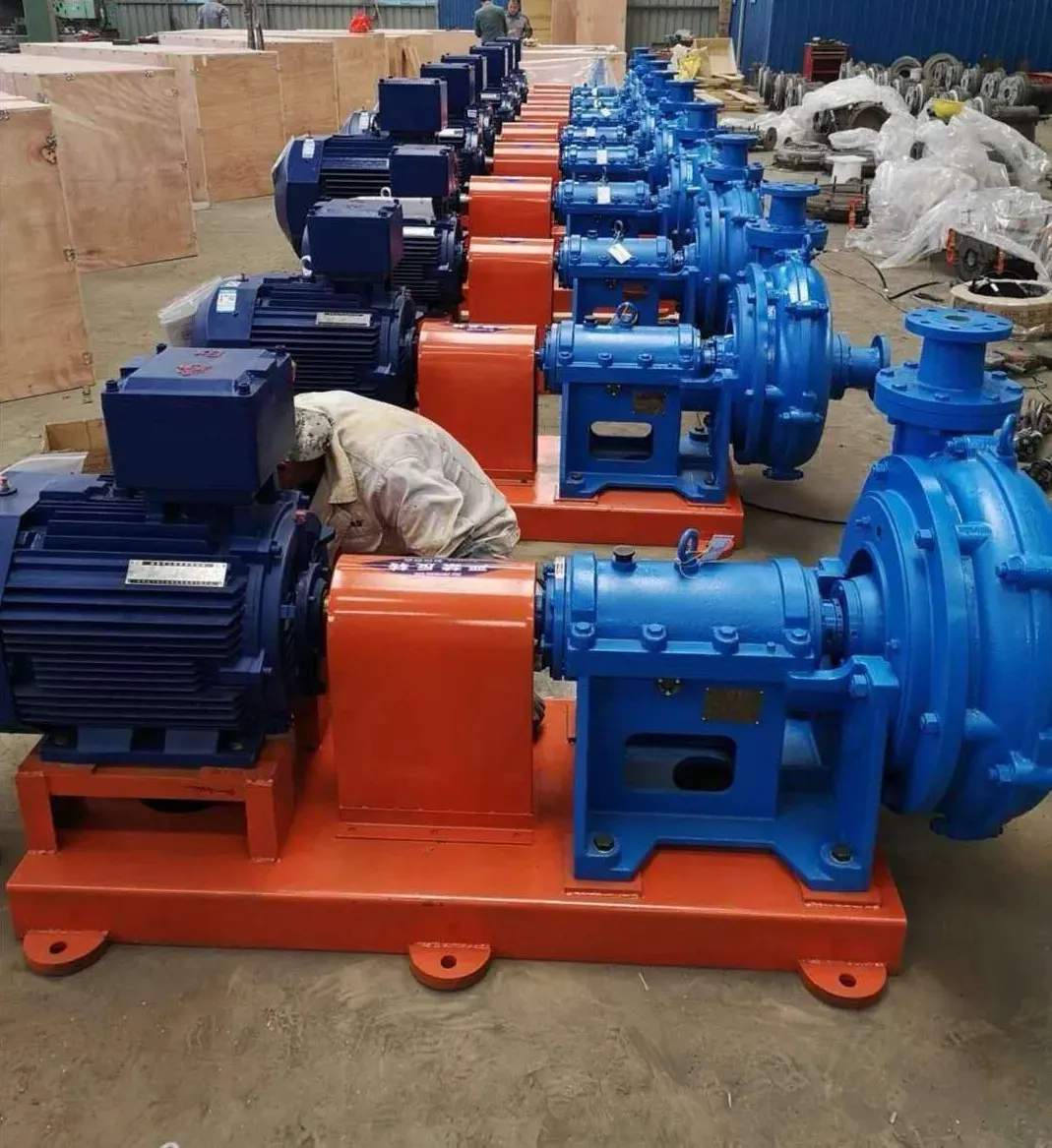English
- Afrikaans
- Albanian
- Amharic
- Arabic
- Armenian
- Azerbaijani
- Basque
- Belarusian
- Bengali
- Bosnian
- Bulgarian
- Catalan
- Cebuano
- Corsican
- Croatian
- Czech
- Danish
- Dutch
- English
- Esperanto
- Estonian
- Finnish
- French
- Frisian
- Galician
- Georgian
- German
- Greek
- Gujarati
- Haitian Creole
- hausa
- hawaiian
- Hebrew
- Hindi
- Miao
- Hungarian
- Icelandic
- igbo
- Indonesian
- irish
- Italian
- Japanese
- Javanese
- Kannada
- kazakh
- Khmer
- Rwandese
- Korean
- Kurdish
- Kyrgyz
- Lao
- Latin
- Latvian
- Lithuanian
- Luxembourgish
- Macedonian
- Malgashi
- Malay
- Malayalam
- Maltese
- Maori
- Marathi
- Mongolian
- Myanmar
- Nepali
- Norwegian
- Norwegian
- Occitan
- Pashto
- Persian
- Polish
- Portuguese
- Punjabi
- Romanian
- Russian
- Samoan
- Scottish Gaelic
- Serbian
- Sesotho
- Shona
- Sindhi
- Sinhala
- Slovak
- Slovenian
- Somali
- Spanish
- Sundanese
- Swahili
- Swedish
- Tagalog
- Tajik
- Tamil
- Tatar
- Telugu
- Thai
- Turkish
- Turkmen
- Ukrainian
- Urdu
- Uighur
- Uzbek
- Vietnamese
- Welsh
- Bantu
- Yiddish
- Yoruba
- Zulu
Telephone: +86 13120555503
Email: frank@cypump.com
Nov . 06, 2024 18:30 Back to list
'increase efficiency with high-capacity sludge water pump for ...'
Increase Efficiency with High-Capacity Sludge Water Pumps
In today's industrial landscape, the demand for efficient water management systems is greater than ever. Particularly in sectors such as wastewater treatment, construction, and mining, the handling of sludge and other viscous materials poses significant challenges. High-capacity sludge water pumps have emerged as a critical solution, providing enhanced efficiency and reliability in managing these demanding environments.
Understanding High-Capacity Sludge Water Pumps
High-capacity sludge water pumps are specifically designed to transport thick, viscous fluids that contain solid particles. These pumps are built to handle a variety of materials, including sewage, slurry, and industrial sludge, making them indispensable in numerous applications. Unlike standard pumps, which may struggle with the shear and bulk of sludge, high-capacity models feature robust impellers and advanced motor technology, ensuring they can operate effectively under challenging conditions.
Efficiency Gains Through Technology
One of the primary ways these pumps enhance efficiency is through improved design and construction materials. Many high-capacity sludge pumps utilize energy-efficient motors and innovative hydraulic designs that optimize flow rates while reducing energy consumption. This not only extends the life of the pump but also lowers operational costs, making them a more sustainable option for businesses.
Additionally, advanced control systems and automation features enable these pumps to operate with minimal human intervention. Monitoring systems provide real-time feedback on operational conditions, allowing for immediate responses to any potential issues before they escalate into costly repairs or downtime. This proactive approach means that facilities can maintain consistent operation and avoid the inefficiencies typical of unexpected mechanical failures.
'increase efficiency with high-capacity sludge water pump for ...'

Versatility Across Industries
The versatility of high-capacity sludge water pumps makes them suitable for various industries. In wastewater treatment plants, they are essential for the efficient movement of sewage and sludge from different phases of treatment. In construction, they assist in dewatering sites, helping to maintain safe and effective working conditions. Mining operations benefit from these pumps as they can effectively manage tailings and other byproducts that require proper disposal.
Moreover, the environmental advantages associated with high-capacity sludge pumps are significant. By efficiently handling waste products, these pumps contribute to more effective waste management systems, which are critical for reducing pollution and protecting natural water sources. The ability to pump effectively reduces the likelihood of leaks and spills, further safeguarding the environment.
Cost-Benefit Analysis
While the initial investment in high-capacity sludge water pumps may be higher compared to traditional pumps, the long-term benefits often outweigh the costs. Lower energy consumption translates to reduced utility bills, and enhanced durability means fewer replacements or repairs. When evaluating the total cost of ownership, many businesses find that these pumps deliver a better return on investment due to their efficiency and reliability.
Conclusion
In a world increasingly focused on sustainability and efficiency, high-capacity sludge water pumps represent a vital advancement in managing waste and fluids across multiple industries. Their ability to handle challenging materials while optimizing energy usage makes them an essential component of modern industrial processes. As more organizations recognize the benefits of these advanced pumps, the push towards efficient and responsible water management will continue to grow, paving the way for a more sustainable future. Investing in high-capacity sludge water pumps is, therefore, not just a matter of improving operational efficiency but also an intelligent move towards environmental stewardship.
-
ISG Series Vertical Pipeline Pump - Chi Yuan Pumps Co., LTD.
NewsJul.30,2025
-
ISG Series Vertical Pipeline Pump - Chi Yuan Pumps Co., LTD.|energy-efficient fluid handling&industrial durability
NewsJul.30,2025
-
ISG Series Vertical Pipeline Pump - Chi Yuan Pumps | Advanced Engineering&Industrial Efficiency
NewsJul.30,2025
-
ISG Series Pipeline Pump - Chi Yuan Pumps | High Efficiency, Energy Saving
NewsJul.30,2025
-
ISG Series Vertical Pipeline Pump-Chi Yuan Pumps|High Efficiency&Reliable Performance
NewsJul.29,2025
-
ISG Series Vertical Pipeline Pump|High Efficiency&Low Noise
NewsJul.29,2025










